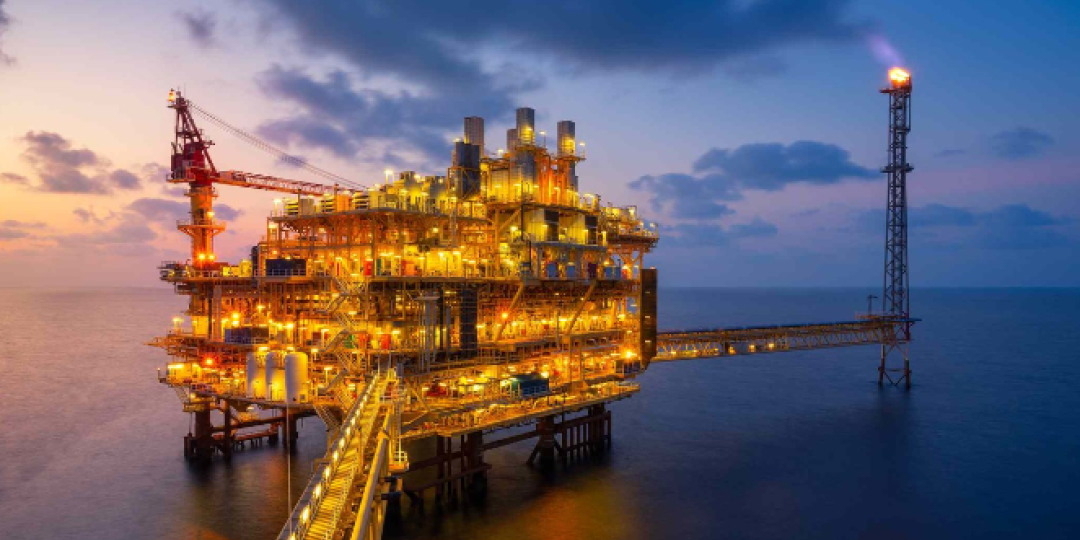Oil companies operating in Mozambique have committed over €1.8 billion to hydrocarbon exploration initiatives since 2006, the nation's state-owned oil enterprise, Empresa Nacional de Hidrocarbonetas (ENH), has said.
According to ENH, these ventures are awaiting development plans or final investment determinations.
In their 2022 report and financial statements, ENH said it had invested €240.5 million since 2006 into projects that will eventually be integrated into the company's financial records.
When coupled with the €1.585 billion invested by project concessionaires during the same timeframe, the aggregate sums slightly surpass €1.824 billion.
The high point of investment was observed in 2013, with an impressive €497 million allocated.
In dollar terms, this figure dipped to just over $5.8 million in 2018, following insurgent assaults in diverse localities in Cabo Delgado, situated in the northern region of the nation – an area hosting the primary natural gas exploration and production enterprises.
ENH maintains a 25% ownership in the consortium spearheaded by Sasol in the PPA Pande and Temane gas production sectors, which are already operational
They also possess a 10% stake in Rovuma Area 4, an enterprise in the development and production phase, in addition to 15 other projects at various stages of development and research.
Prominent US oil entity, Exxon Mobil, anticipates that investments in Mozambique's natural gas sector will culminate in a definitive investment verdict in 2025, with production tipped to start towards the end of the decade.
The corporation's vice president for Oil and Gas Exploration, Peter Clarke, told a conference in Vancouver in July: "A lot hinges on the security scenario, which has been adroitly managed."
This marks Exxon's first instance of specifying timelines for their plant construction scheme in northern Mozambique, following a hiatus since 2020 due to insurgency concerns.
Originally, Exxon's Cabo Delgado project aspired to yield 15.2 million tonnes per annum, but current estimations posit annual production at 18 million tonnes.
Mozambique counts three endorsed development projects designed to harness the natural gas reservoirs of the Rovuma basin, renowned as one of the world's largest, situated off the coast of Cabo Delgado.
Two of these extensive ventures entail transporting gas from the seafloor to land and cooling it within a facility for liquefied state exportation via maritime routes.
One initiative, spearheaded by TotalEnergies (Area 1 consortium), progressed until an indefinite suspension ensued following an armed assault on Palma in March 2021.
The French energy conglomerate announced its intent to recommence operations only once the region regained stability. The second venture remains undisclosed and is led by ExxonMobil and Eni (Area 4 consortium).
A third, smaller project, also under the aegis of the Area 4 consortium, has been completed. This scheme entails a floating platform designed to capture and process gas for direct sea-based exportation, which commenced operations in November 2022.
The floating platform is slated to yield 3.4 million tonnes per annum of liquefied natural gas, while Area 1 is targeting 13.12 million tonnes per annum, and the onshore strategy for Area 4 envisions production of 15 million tonnes per annum.
Cabo Delgado province has grappled with an armed insurgency for nearly six years, with certain attacks attributed to the extremist faction Islamic State.
The response has involved a military intervention since July 2021, with backing from Rwanda and the Southern African Development Community, securing districts close to gas projects.
However, new waves of attacks have surfaced in the southern region and adjacent Nampula province.
The crisis has precipitated the displacement of approximately one million individuals, as per the United Nations High Commissioner for Refugees, and has resulted in approximately 4 000 casualties. SOURCE: AIM













